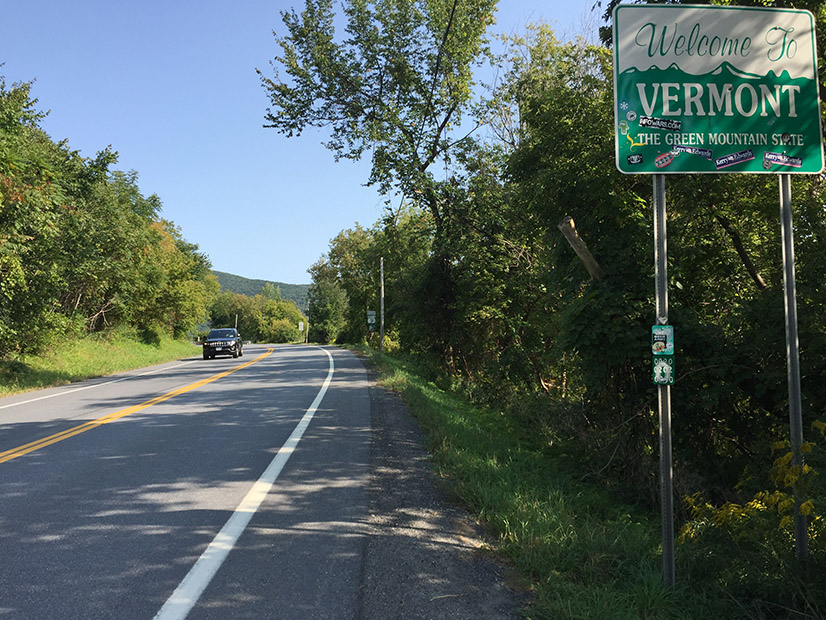
The Vermont Climate Council is scrambling to update its draft action plan after Connecticut, Massachusetts and Rhode Island said they no longer back the Transportation and Climate Initiative Program (TCI-P).
“It’s unclear whether or not there will be a viable regional marketplace for this program to move forward,” Peter Walke, commissioner of the Department of Environmental Conservation, said Nov. 23.
The council is poised to consider adoption of the state’s first climate action plan Dec. 1, and joining TCI-P had been a keystone strategy to fund transportation emission-reduction programs in that plan.
Now, however, the council will amend the language around TCI-P as it appeared in the draft plan prior to the council’s latest meeting last week.
Connecticut Gov. Ned Lamont on Nov. 16 announced that he would not support TCI-P-enabling legislation next year. On the heels of Lamont’s announcement, Massachusetts Gov. Charlie Baker said he would remove his support for the program given the lack of broad participation among states. And Rhode Island Gov. Dan McKee said on Nov. 19 that his administration would no longer pursue the initiative.
Vermont has been a member of TCI for over a decade, but it never fully signed on as a program participant. Massachusetts, Connecticut, Rhode Island and D.C. agreed last year to launch TCI-P, which would cap regional transportation emissions and create a market for emissions allowances.
Members of the Vermont Public Interest Research Group said in a Nov. 22 statement that they are disappointed by the latest developments in the region, saying it “ignores our state, regional and national climate commitments.”
“It also ignores broad public support across the region for TCI-P, as confirmed by multiple independent polls and the groundswell of support expressed during the TCI public comment period,” they said.
Despite the latest setbacks, Vermont’s action plan will not abandon the potential for participation entirely, Walke, who is co-chair of the Cross-sector Mitigation Subcommittee, told the full council.
“The reality is that without TCI-P in the plan, it leaves a significant hole in the emissions reductions picture,” Walke said. “We are not proposing alternatives at this time because there’s work that needs to be done to validate those alternatives.”
While the council will monitor the fate of TCI-P and evaluate other options, there likely will not be any concrete actions ready for inclusion in the plan that’s set for adoption next week.
“There could be a lack of clarity and certainty around the future of TCI-P for a while, and at some point, we are going to need to have a plan B for one or more primary strategies that can meet the emissions reduction we were counting on TCI to have had by a date certain,” said council member Jared Duval, who is executive director of the Energy Action Network.
Council members will have one more opportunity on Monday to discuss the changes in the plan before they must vote on whether to adopt it.
As it stands, the updated draft plan language says that joining TCI-P is a “critical component” of the transportation sector strategy, and Vermont should “remain at the table” in finding a pathway for the program’s implementation. The update also allows for “additional parallel work” that is necessary to find a comparable cap-and-investment program for transportation fuel or other policies that will have similar outcomes to TCI-P.


